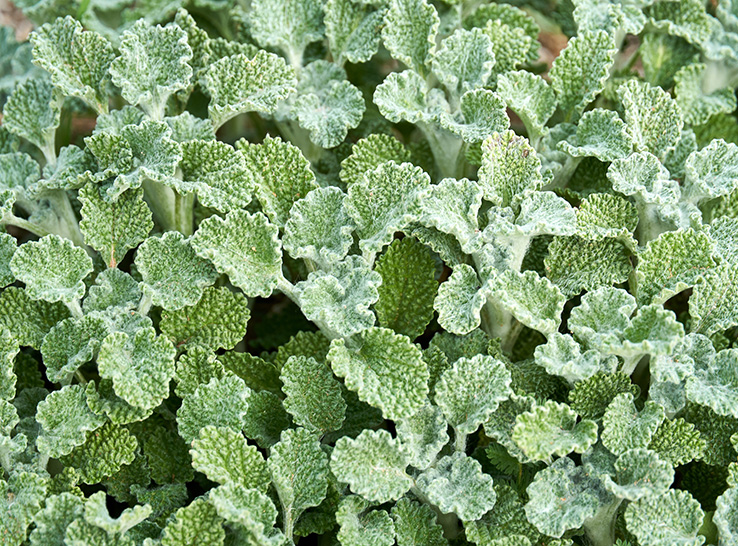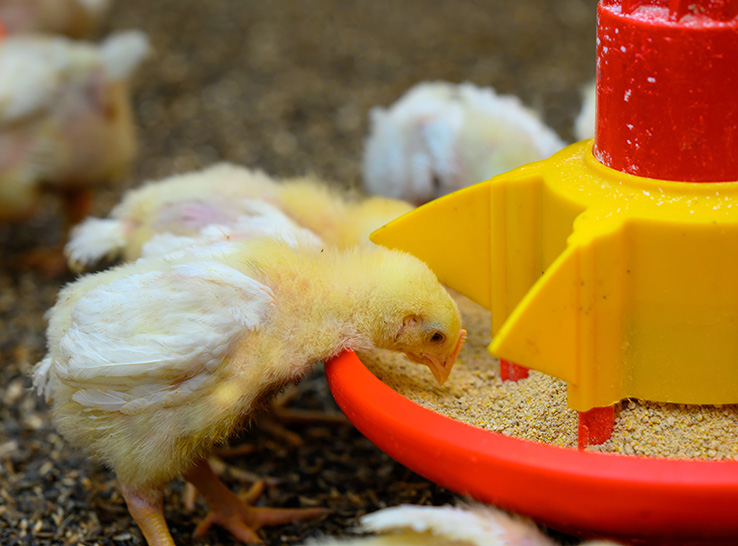The field of phytogenic feed additives derived from unique plant compounds is yielding positive performance results in feed efficiency studies.
Two trials with phytogenic blends fed to broilers under challenged conditions produced improved growth performance at 28 and 42 days of age.
“These are host-mediated, next-generation phytogenics that are targeted, intentional and consistent,” reported Meghan Schwartz, PhD, a nutritionist with PMI, who conducted the trials.
The feed-additive blends target specific receptors in a chicken’s gut for a response, instead of a broad-spectrum approach to reducing harmful bacteria.
Schwartz discussed the broiler trials in a presentation at the 2024 International Poultry Scientific Forum.
Targeted phytogenics
“There are different types of phytogenics on the market,” Schwartz explained. “First-generation phytogenics…impacting the harmful bacteria in the gut, modifying the microbiome, replace antibiotic growth promoters and improve performance.
“Next-generation phytogenics do not just impact harmful bacteria; they’re also signaling molecules that can activate metabolic processes in the gut that influence performance and health.”
A chicken’s gut is lined with receptors and signaling mechanisms that act almost like a sensory organ. “Specific components target specific receptors,” she said. “With these newer phytogenics, we are modifying gene expression responsible for the inflammation cascade and oxidative enzyme production.”
The product used in the feed efficiency trials is a blend from the Marrubium and Guaiacum plants, which have not previously been used in poultry.
Trial setups
Each trial involved 1,300 Cobb 500 male broilers assigned to 13 replicate pens per treatment (50 birds per pen). Pen space measured 0.95 sq. ft. per bird at termination. The pens in the first trial were bedded with used litter from six previous flocks. In the second trial, the litter was from five previous flocks.
The trials took place at a research facility with a randomized block design. The researchers administered a commercial coccidiosis vaccine to all birds which was received at placement.
In both trials, the treatment groups received the PMI (now Fortiva) phytogenic feed additive at the rate of 142 mg/kg. The researchers evaluated growth performance of the treatment and control groups at 14, 28 and 42 days of age.
Feed conversion improved
“In the first trial at 14 days, there was no significant effect but a numerical trend was starting, with the phytogenic treatment resulting in better feed conversion,” Schwartz said.
The trend for better feed conversion with the phytogenic blend continued at 28 days (1.452 treatment versus 1.410 control) and 42 days (1.739 treatment versus 1.691 control).
“Trial 1 showed that, compared to the control treatment, the phytogenic blend significantly improved the feed-conversion ratio by 4 points at 28 and 42 days of age,” she said.
The second trial results showed no significant effects of the blend until 42 days of age, with a 3-point improvement in feed conversion.
“These results suggest that including this phytogenic blend in the feed improves broiler performance, specifically feed-conversion ratio under used-litter challenge,” Schwartz concluded.





